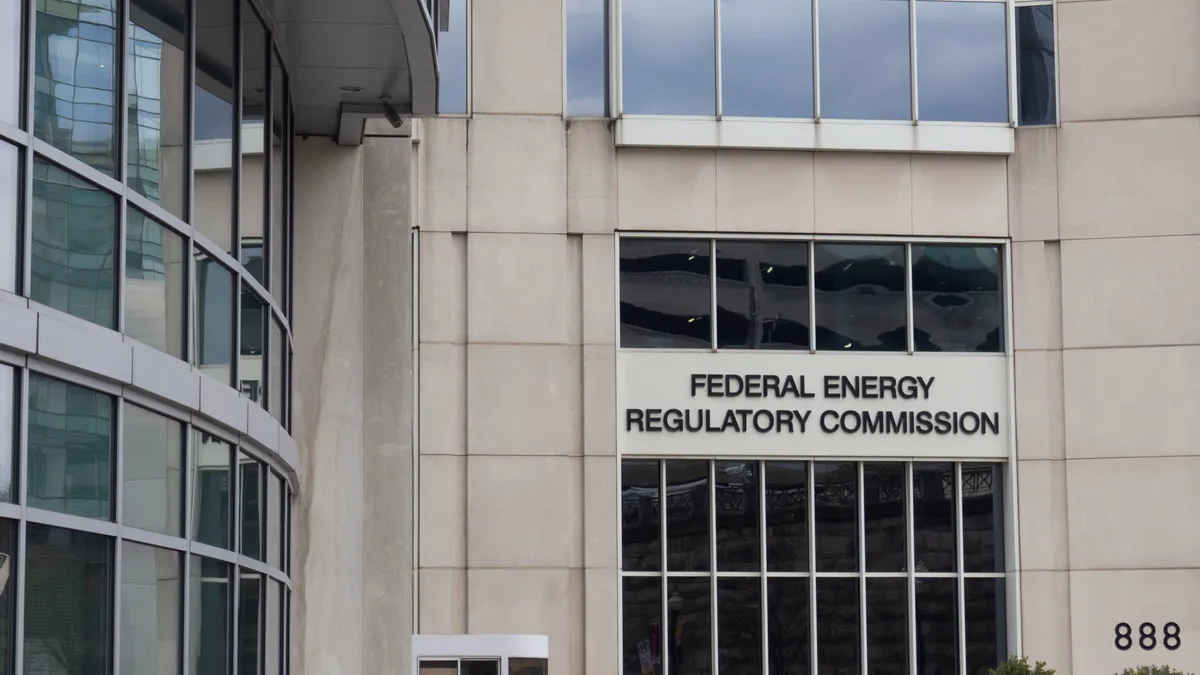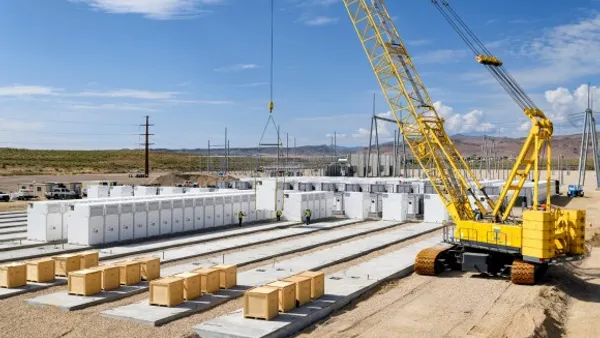Dive Brief:
-
The New Jersey Board of Public Utilities has doubled its allocation of funding for energy storage to $6 million in fiscal year 2016, which began July 1, NJ Spotlight reports.
-
Half of the $6 million is allocated for an open enrollment incentive program for behind-the-meter, grid-connected storage projects that support renewable energy resources.
-
The other $3 million of funding is targeted for a solicitation planned for later in the fiscal year that is being designed along guidelines that will be based on research being conducted by the Rutgers Laboratory for Energy Smart Systems.
Dive Insight:
As renewable energy penetration rises in New Jersey, the state is increasing its funding for energy storage.
The state’s current target calls for 22.5% percent of the electricity used in New Jersey to come from renewable energy by 2021. Legislative efforts under way seek to raise that target to 80% by 2050. About 15% of the state’s energy mix now comes from renewable sources.
Energy storage is seen as a critical component necessary to meet the state’s renewable energy goals. As part of the state’s resiliency planning efforts, the program is also targeting critical facilities such as water- and wastewater treatment plants and schools, many of which were left without power for days after Hurricane Sandy.
Under a recent order from the New Jersey Board of Public Utilities open enrollment for behind-the-meter energy storage incentives begins on March 1.
The program, which does not include residential applications, offers an incentive of $300/kWh with a maximum incentive per project of $300,000 or 30% of a project’s total cost, whichever is less. The maximum incentive per entity is $500,000, which applies to multiple projects under the ownership of a single site host, developer/installer or other ownership entity.
The other half of the recently approved $6 million in allocations for energy storage will be made available through a solicitation expected to be release later this year, and will be based on guidelines based on research being conducted by Rutgers University’s Laboratory for Energy Smart Systems.












